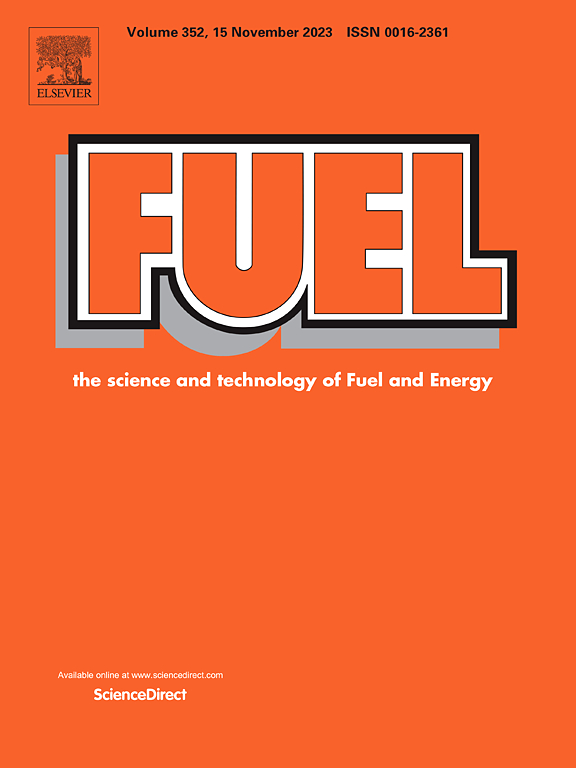不可再生和混合制氢的进展:提高效率和减少碳排放的技术创新
IF 7.5
1区 工程技术
Q2 ENERGY & FUELS
引用次数: 0
摘要
氢被认为是一种多功能的清洁能源载体,在促进向可持续的低碳经济过渡方面发挥着至关重要的作用。这篇综合评论探讨了不可再生和混合制氢技术的最新进展,特别强调了这些技术在减少碳排放的同时提高效率和可扩展性的潜力。传统的制氢方法,包括蒸汽甲烷转化、干法转化、部分氧化和气化,由于催化工艺、反应器配置和碳捕集技术的创新,已经取得了长足的进步。新兴的混合方法将化石燃料与可再生能源结合起来,为减少温室气体排放提供了一种前景广阔的战略,同时还能利用现有的能源基础设施。此外,包括等离子体辅助重整、化学循环工艺和核能制氢在内的先进方法,通过有效解决关键技术和环境挑战,正在极大地重塑清洁制氢领域。本综述进一步研究了与这些方法相关的经济、环境和运营影响,对其可行性和影响进行了全面评估。未来的研究方向强调了开发具有成本效益的材料、提高反应器效率以及结合人工智能优化工艺的必要性。本综述强调,通过将技术进步与可持续实践相结合,不可再生氢生产在建立全球氢经济方面具有变革潜力。本文章由计算机程序翻译,如有差异,请以英文原文为准。
Advancements in non-renewable and hybrid hydrogen production: Technological innovations for efficiency and carbon reduction
Hydrogen is recognized as a versatile and clean energy carrier that plays a crucial role in facilitating the transition to a sustainable, low-carbon economy. This comprehensive review examines recent advancements in non-renewable and hybrid hydrogen production technologies, with a particular emphasis on their potential to reduce carbon emissions while simultaneously promoting efficiency and scalability. Conventional approaches to hydrogen production, including steam methane reforming, dry reforming, partial oxidation, and gasification, have undergone substantial advancements due to innovations in catalytic processes, reactor configurations, and the incorporation of carbon capture technologies. Emerging hybrid methodologies that integrate fossil fuels with renewable energy sources present a promising strategy for mitigating greenhouse gas emissions, while simultaneously utilizing the existing energy infrastructure. Moreover, advanced methodologies, including plasma-assisted reforming, chemical looping processes, and nuclear-based hydrogen production, are significantly reshaping the domain of clean hydrogen generation by effectively addressing critical technical and environmental challenges. This review further investigates the economic, environmental, and operational implications associated with these methodologies, offering a comprehensive assessment of their feasibility and impact. Future research directions emphasize the necessity of developing cost-effective materials, enhancing reactor efficiency, and incorporating artificial intelligence for the optimization of processes. This review underscores the transformative potential of non-renewable hydrogen production in the establishment of a global hydrogen economy by integrating technological advancements with sustainable practices.
求助全文
通过发布文献求助,成功后即可免费获取论文全文。
去求助
来源期刊

Fuel
工程技术-工程:化工
CiteScore
12.80
自引率
20.30%
发文量
3506
审稿时长
64 days
期刊介绍:
The exploration of energy sources remains a critical matter of study. For the past nine decades, fuel has consistently held the forefront in primary research efforts within the field of energy science. This area of investigation encompasses a wide range of subjects, with a particular emphasis on emerging concerns like environmental factors and pollution.
 求助内容:
求助内容: 应助结果提醒方式:
应助结果提醒方式:


